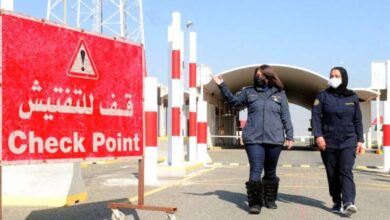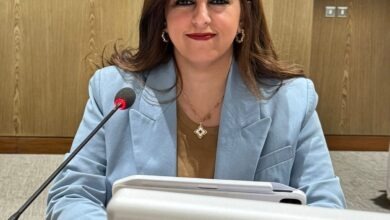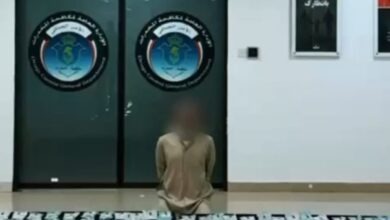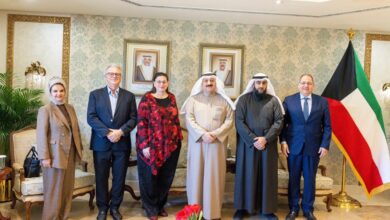Steadfast in the Storm: Navigating Regional Crises, Advancing Vision 2035
This op-ed examines how Kuwait can maintain progress on its national transformation goals under Vision 2035 despite rising regional crises. It identifies three key areas: geopolitical uncertainty, climate pressures, and economic reform fatigue. The article calls for a principled, people-centered response that integrates resilience, sustainability, and youth empowerment.
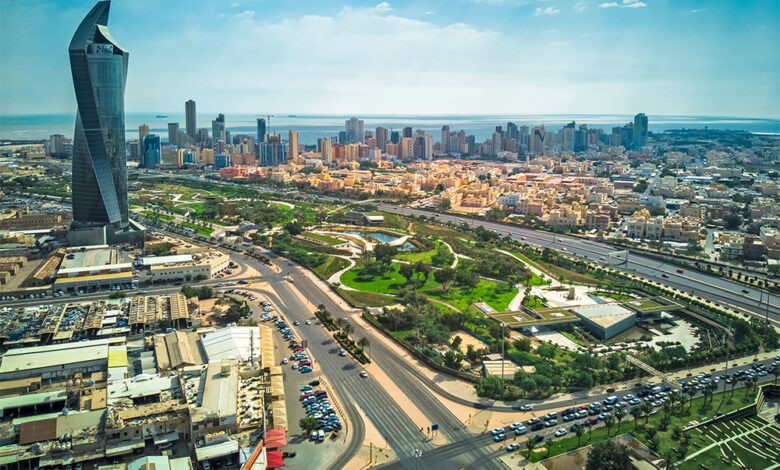
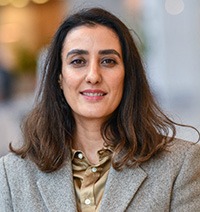
By Sarah Al Sabah
Special to The Times Kuwait
Across the Gulf, we are living through a moment that feels both heavy and defining. The widening conflict across our region, the deepening climate emergency, and growing uncertainty in global alliances are not abstract threats. From the dreams of young Kuwaitis entering the job market, to families worried about stability and security, to policymakers carrying the weight of national responsibility: these threats are shaping the way people think about their future.
In this environment, it would be easy to pause, to delay, to wait for calmer waters. Kuwait must resist that instinct. Vision 2035 was never designed for moments of ease. It was created for precisely this kind of storm. For moments when national resilience, reform, and foresight become not just priorities, but imperatives.
Kuwait is not navigating these waters alone. Across the Gulf Cooperation Council (GCC), countries are reimagining their economic models, investing in new technologies, and advancing sustainability agendas. Saudi Arabia is asserting global influence through economic diversification and diplomacy.
The United Arab Emirates is doubling down on green infrastructure and digital governance. Qatar is advancing regional dialogue through climate and development leadership.
Kuwait’s strength has always been its values. Values that encompass moderation, diplomacy, civic awareness, and institutional stability. Now is the time to turn those values into a forward-leaning strategy.
Three Pressures Kuwait
Must Turn into Progress:
Regional Volatility and Security Concerns: Kuwait has a proud history as a voice of neutrality and mediation. Today’s geopolitical shifts, from conflict escalation to rising global polarization, require a renewed focus on internal resilience. This means strengthening national preparedness, securing energy and food systems, and deepening regional coordination on security and humanitarian response. Kuwait must remain principled, but also pragmatic.
Climate and Environmental Urgency: The Gulf is one of the world’s most ‘climate vulnerable’ regions. Rising sea levels, extreme heat, and water scarcity pose direct threats to lives, livelihoods, and infrastructure. Kuwait’s sustainability transition must accelerate. This includes embedding green standards in government, incentivizing clean energy, reforming subsidies, and engaging the public in a new ecological ethic. What was once seen as an environmental issue is now a matter of national survival.

The Transformation Challenge at Home: Kuwait’s youth are talented, ambitious, and globally aware, but often feel disconnected from systems that do not reflect their aspirations. The economy remains overly dependent on public spending, and reform fatigue has set in across many institutions. Yet the crisis should be seen not as an excuse to delay, but as an opportunity to unlock innovation, entrepreneurship, and digital transformation that puts young people at the center of national development.
In a region increasingly defined by ambition and agility, Kuwait must move with purpose. While others race ahead with giga-projects and mega-events, Kuwait’s unique strength lies in shaping a quieter, steadier model of human-centered governance. This is a chance to lead differently. To lead with integrity, inclusion, and impact.
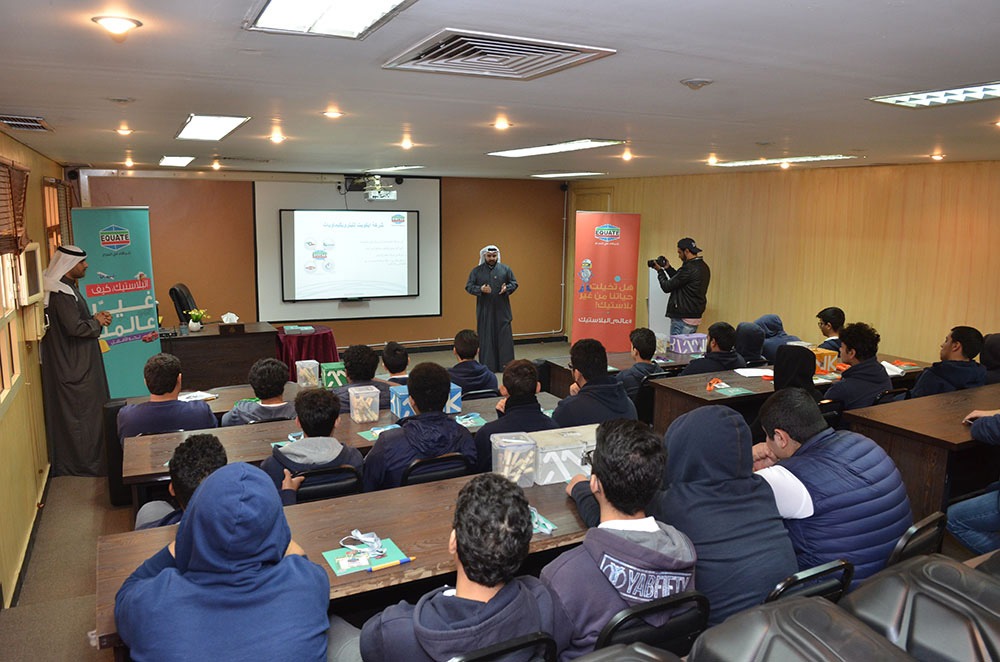
Demonstrates corporate-driven youth education on sustainability and circular economy initiatives.
Kuwait can champion climate diplomacy within the GCC, convening a regional coalition on adaptation and sustainable development.
The country can build public trust through transparent reform, showing how Vision 2035 directly improves daily life, education, transport, housing, and opportunity.
Kuwait can invest in civic capacity, empowering youth, civil society, and local communities to co-author the future. This is not the time for fear and stagnation. This is the time for vision with velocity. Kuwait must continue to move forward, not despite the crisis, but because of it. To retreat would be to hand the future over to uncertainty. To act is to shape it with confidence and care.
Kuwait’s transformation will not be measured by the size of its projects, but by the strength of its people, the clarity of its purpose, and the courage of its choices. Vision 2035 remains a bold promise. Now it must become a ‘lived’ reality. In the face of regional storms, Kuwait’s path is not to wait for calm, but to sail with direction. Steadfast, and forward.
Editor’s Note: This article offers a timely reflection on the intersection of crisis and reform in Kuwait. It situates Kuwait within broader GCC dynamics and calls for renewed momentum around sustainability, governance, and regional cooperation. The piece is particularly relevant for policymakers, development institutions, and civil society advocates interested in the future of public leadership in the Gulf.








